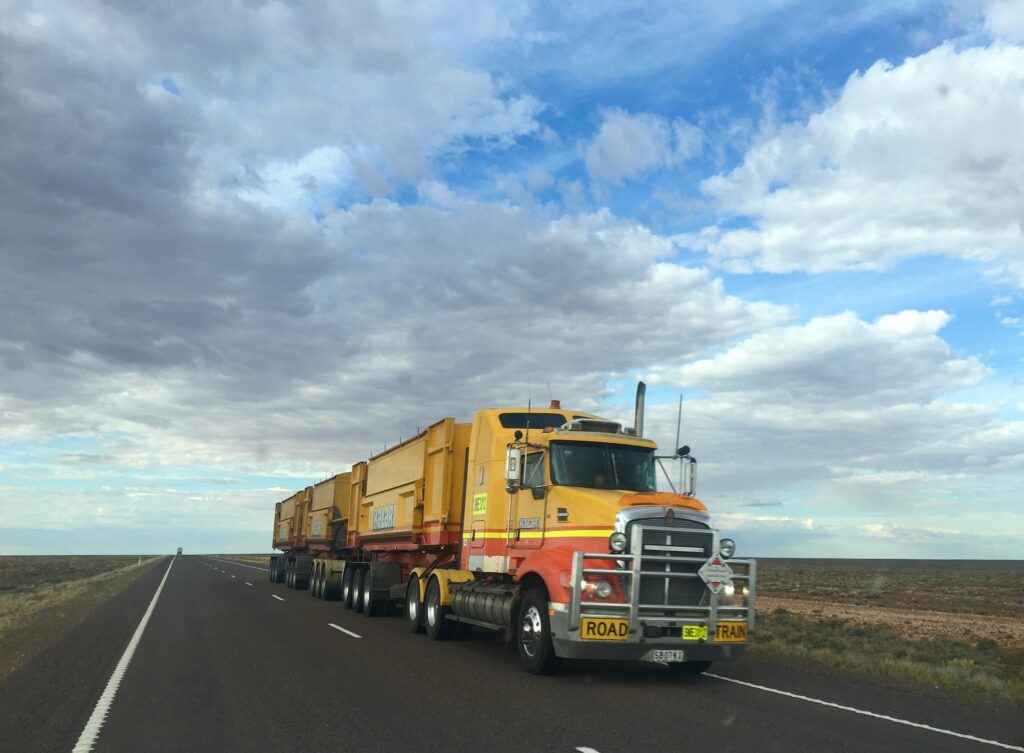Accidents involving trucks can be traumatic. They catch you off guard, and the first shock might distort your perception to the point where you freeze.
Any physical injuries you may have sustained—and in a collision with a massive industrial vehicle, these injuries might be severe—only serve to exacerbate the confusion. Knowing what to do in the moments, days, and weeks following a trucking accident is crucial for defending your rights and maintaining your health.
Please use these recommendations as a starting point and exercise your best judgment to decide what is best in your specific scenario.
Stay at the scene: Unless you are seriously hurt and need to be transported to the hospital by emergency personnel immediately, you should stay at the scene of a trucking accident. You are required by law to give the other party or parties your insurance information, driver’s license, and contact details.
Don’t admit fault: You will begin to get inquiries from a variety of parties, including your insurance company, the trucking company and its representatives, law enforcement, and many more. Even if you weren’t at fault, you could be tempted to apologize if you’re a friendly and sympathetic person. Be truthful and helpful to police enforcement and give them the freedom to investigate the accident’s cause as they see fit — but don’t admit to any fault in the accident!
See your doctor: Whether or not you think you’re gravely hurt, it is still necessary to go to the doctor. While it’s true that some injuries don’t immediately manifest physical or visible symptoms, you can actually be dealing with serious internal harm. Also, your attorney will be better able to determine the amount of compensation to demand for your injuries, if any, by having a medical expert evaluate your health.
Remember! You need to speak with an expert before taking any action, but not just any legal expert. Your lawyer should be aware of the distinctions between car accidents involving only passenger vehicles and trucking accidents involving large commercial trucks. Additionally, he or she should have a proven track record of success representing victims of significant trucking accidents.

